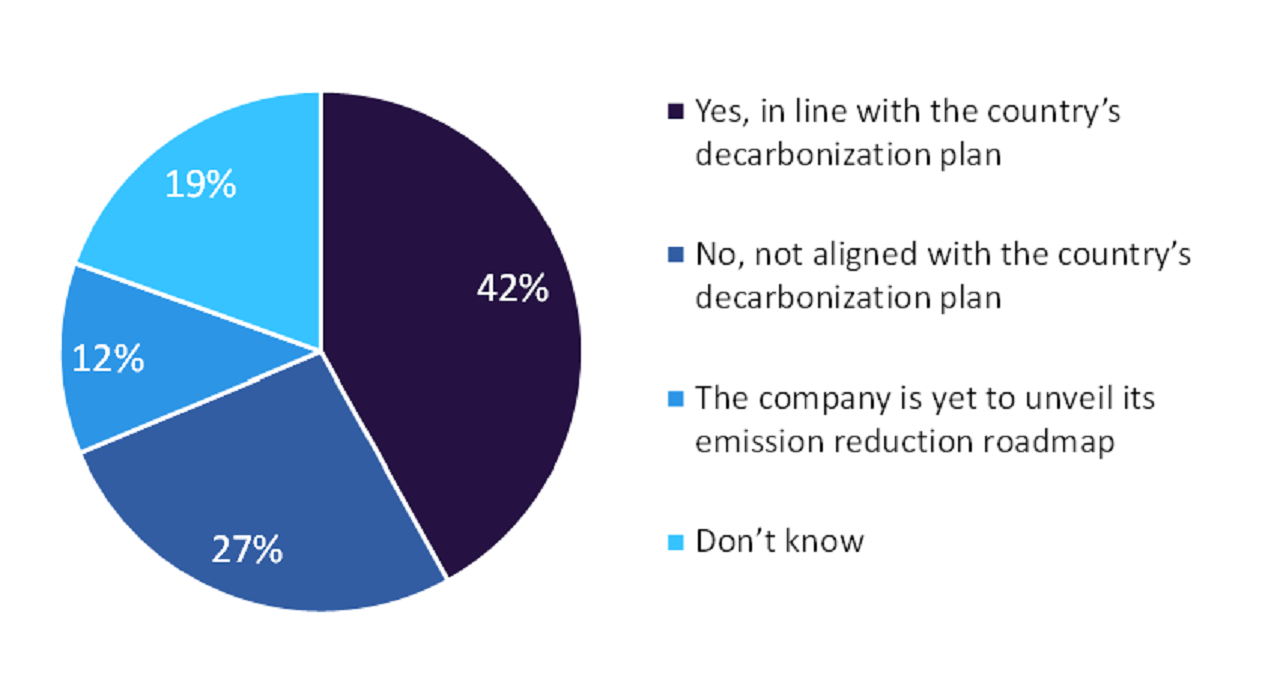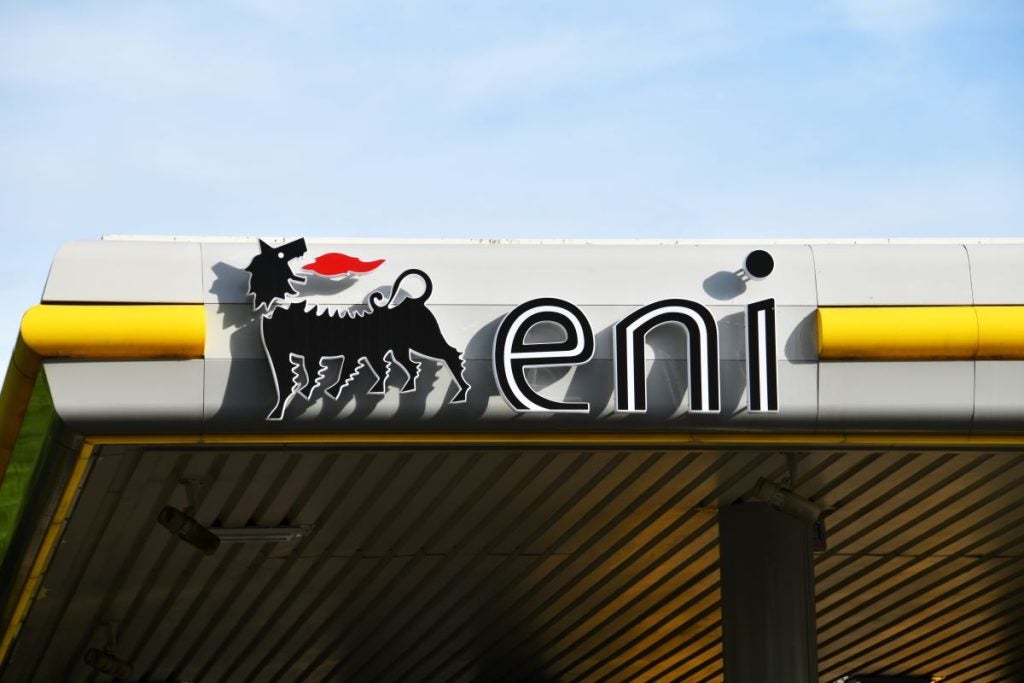Post the Paris Accord of 2015, the global community has increased its focus on setting net-zero targets and is initiating efforts to achieve them.
For instance, the US, the UK, and the EU have set 2050 as the target year to reach net-zero emissions.
To meet these goals, all industries and their participants are expected to be on board with their commitments, especially the industries that are emission-intensive.
The UN, in its Sustainable Development Goals agenda, underlined that in order to reach these goals, global carbon dioxide emissions need to be reduced by 45% by 2030 from 2010 levels and reach net zero by 2050.
Leading data and analytics company GlobalData conducted a poll between February and March 2024 to check if the emission reduction targets of companies were aligned with their respective national net-zero ambitions.
See Also:
A little over 40% of the respondents said that their company’s emission reduction targets complemented their country’s decarbonisation plans.
How well do you really know your competitors?
Access the most comprehensive Company Profiles on the market, powered by GlobalData. Save hours of research. Gain competitive edge.

Thank you!
Your download email will arrive shortly
Not ready to buy yet? Download a free sample
We are confident about the unique quality of our Company Profiles. However, we want you to make the most beneficial decision for your business, so we offer a free sample that you can download by submitting the below form
By GlobalDataThis is an indication that industry participants are committed to supporting climate neutrality.
In regards to the oil and gas industry, oil majors such as BP, ExxonMobil, Shell, and TotalEnergies have pledged to reduce emissions through investments in renewable energy, hydrogen, and carbon capture projects.
A little over 25% of the respondents conceded that the emissions reduction targets of their respective companies were not aligned with their country’s decarbonisation plans.
There is a growing trend among corporations to highlight their emission reduction plans in their annual filings.
However, the commitments of some companies could fall short of the decarbonisation goals envisaged by their national governments.
Also, differences could arise between company and country targets, if a company is focused on scope 1 and scope 2 emission reduction while the government in the country expects inclusion of scope 3 emissions as well.
About 12% of the respondents said that their company had yet to unveil their emission reduction roadmaps.
There might arise a possibility wherein a company could struggle to independently determine its carbon obligations, thereby delaying the setting up of any reduction targets.
Such a conundrum might be caused due to limited data visibility concerning emissions across the company’s value chain.
The issue is more pronounced when accounting for scope 3 emissions.
Lastly, around 20% of the respondents felt that they were not aware of the situation.
They were not able to ascertain whether the company had set any emission reduction targets or whether they were aligned with national decarbonisation targets.
This might be caused by ambiguity on the part of the companies on what should be their commitments about operational emissions.
It might be also due to a lack of marketing from the companies or the government about their emission reduction targets.










Related Company Profiles
BP Plc
Exxon Mobil Corp
Shell plc
TotalEnergies SE